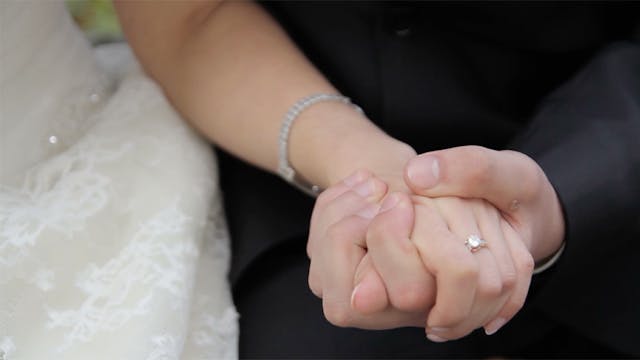What is "right" and "wrong?" Is what's right for you right for me? Is there a right and wrong for everyone, all the time? These are difficult questions to discuss in our culture. We live in a society that supports the opinion that each person should make up his or her own morality—that there is no moral truth that applies to everyone. Many of us have been affected by the relativistic outlook that pervades the modern world. Maybe some of us wonder whether there really is an absolute right and wrong for everyone. Or maybe we accept that there is a moral standard for all, but we don't know how to explain our moral convictions in a convincing way. Maybe some of us are afraid of saying something is immoral because we're afraid of offending others or of being labeled intolerant. How do we talk about morality in a relativistic world? That's what we begin to explore in the opening session of this stud
y.
Up Next in Season 1
-
Recovering the Basics: Virtue and Fri...
Each one of us is created for love. The good news is that we don't have to figure out how to live up to this purpose on our own. In this session, we'll discover that there really is a set of skills that will make us capable of living our relationships well and eventually building up a great socie...
-
Real Freedom, Real Love
Do you think that you are free to live your life to the fullest and achieve ultimate happiness? In the last session we examined the virtues as the skills necessary to live our relationships well. These same skills make us truly free. In this session we'll look at what real freedom means and disco...
-
The Lost "Art of Living"
What do you do when you want to learn how to do something really well? Do you get along by trial and error, with nothing to help you except your own determination to succeed? Or do you find someone to teach you, read books on the subject, or perhaps watch a tutorial? We generally learn best when ...




23 Comments